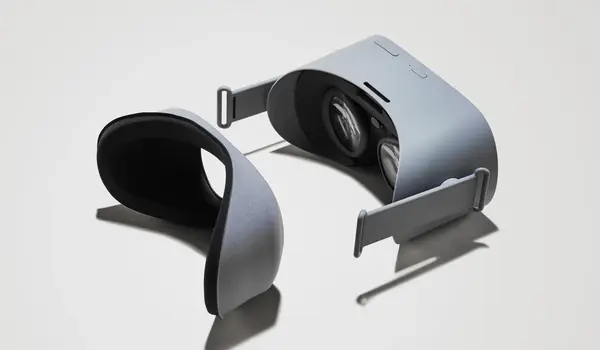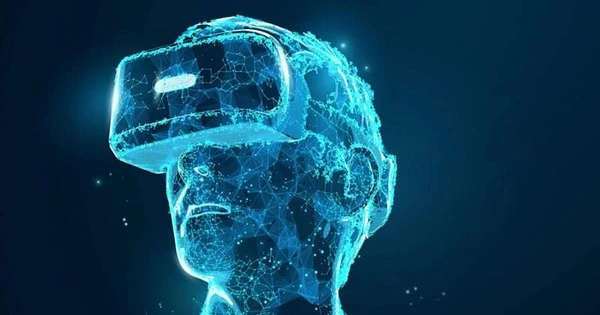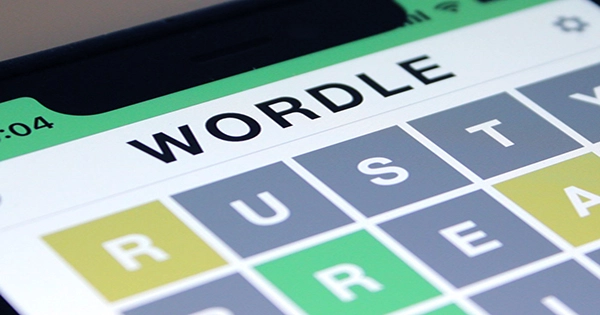Virtual reality games can create realistic simulations of work environments, allowing employers to evaluate a candidate’s skills, decision-making abilities, and behavior in a simulated work setting. This can be especially useful for jobs that require specialized skills, such as pilots, surgeons, or engineers. Fast gamers are more intelligent: Intelligence can be predicted through virtual reality games.
Virtual reality (VR) gamers who completed the game faster than their peers have higher levels of general intelligence and processing capacity. A study conducted by the University of Cologne, the University of Liechtenstein, and Vorarlberg University of Applied Sciences yielded this result.
The findings also suggest that virtual reality games can be useful supplementary human resource management tools in businesses for predicting an applicant’s job performance. Markus Weinmann of the University of Cologne and his colleagues published their study “Intelligence at play: game-based assessment using a virtual-reality application” in the journal Virtual Reality.
Virtual reality (VR) gamers who completed the game faster than their peers have higher levels of general intelligence and processing capacity. The scientists plan to continue their investigation into the practical applications of video games. They are looking into how people interact with virtual avatars in the metaverse, among other things.
Several studies have already demonstrated that video games may indicate or even aid in the development of intellectual and cognitive abilities. Because intelligence is one of the most commonly used predictors of job performance, video games could be useful in human resource management. Despite the fact that many companies are increasingly using virtual reality technology to recruit candidates, few studies have specifically investigated whether and how VR games can be used to draw conclusions about intelligence in this area. Markus Weinmann and his colleagues’ research helps to bridge the gap between research and practice.
Weinmann and his colleagues invited 103 people to their lab. They completed the short version of the intelligence test BIS-4 while playing the commercial VR game “Job Simulator” in a controlled laboratory setting.

The researchers’ analyses show that participants who finished the game faster than others also had higher levels of general intelligence and processing capacity. An increase of 17% in processing capacity correlated with less time spent playing the game (by an average of 3.7 minutes). The results suggest that VR games can be useful supplementary tools in companies for predicting the job performance.
The findings are a scientific breakthrough, as conducting VR studies with cutting-edge VR hardware has previously been impossible. As a result, few studies have looked into the relationship between VR behavior and intelligence. “Some companies already use games, so-called’serious games,’ for recruiting. The new results are consistent with this specific application of VR games and demonstrate that they can be used for recruiting,” Weinmann said.
The scientists plan to continue their investigation into the practical applications of video games. They are looking into how people interact with virtual avatars in the metaverse, among other things.
However, it is important to note that virtual reality assessments should not be used as the sole basis for hiring decisions. They should be used in conjunction with other assessments and interviews to provide a comprehensive evaluation of a candidate’s abilities and fit for a particular job.
















